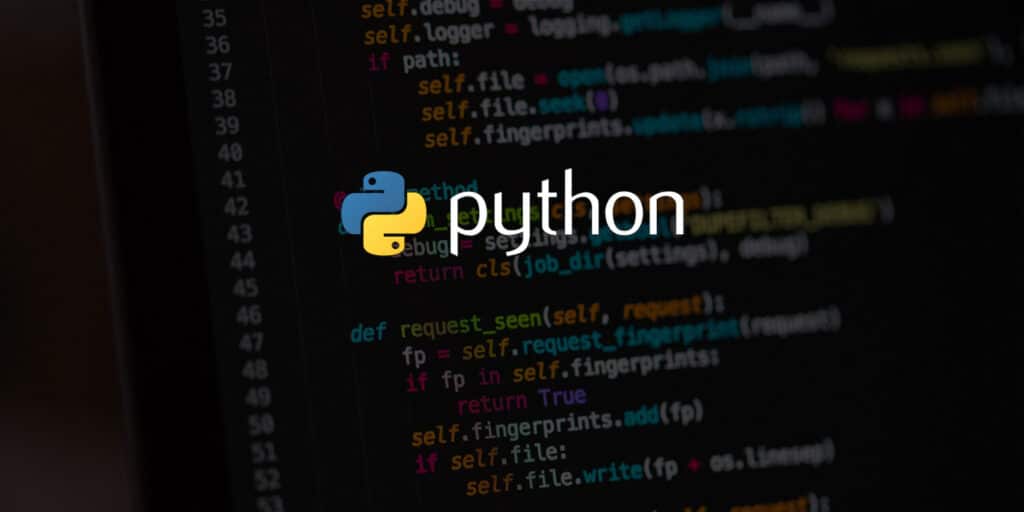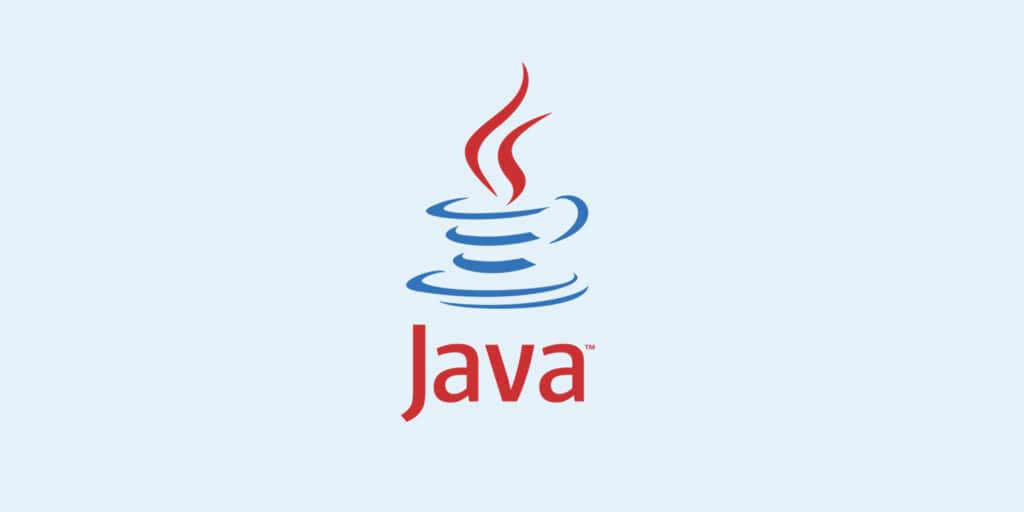
Python
What is Python Software?
Python is a high-level coding language that allows users to rapidly build large, complex software. It is among the most popular coding languages out there, and many believe it to be the most in-demand within the development industry. There’s no doubt that Python developers are some of the best paid out there, so it’s totally worth learning to enhance your earnings.
Developed in 1991, Python has gone from strength to strength since. Initially, it was popular as a back-end development language for websites, but it has since become pervasive in other areas of development. Everything from virtual reality and algorithms to blockchain and fintech, the applications are endless. You can pick basically any modern industry and find some use for Python development.
Despite this broad range of uses, Python is actually super easy to use, especially if you’re a native English speaker. It was designed to mimic the syntax of the English language making it a fantastic choice for your first development language. The script is also highly intuitive, so it generally takes less time to perform functions than other languages.
It might seem like the trendy language to learn, but given the high performance and unparalleled starting salaries, it’s no wonder many new developers take it on as their first language. You’ll have a lot of competition trying to get a digital nomad job, but it’s totally worth it once you get your foot in the door.
Also, if you’re wondering where the name came from – Guido van Rossum was reading the scripts for Monty Python’s Flying Circus whilst designing the language. He wanted something unique, and naturally, Python stood out to him.
How is Python used in development?
Python has a huge range of applications across basically every industry in the world. It’s most popular use has always been back-end development. Whilst JavaScript is used for the front-end of websites, Python controls what the user can’t see. This is especially important for websites that require a lot of back-end updating. If you’ve ever used WordPress, you’ve used Python.
Websites like NASA, Reddit and Disqus all use Python for their back-end tasks. This is because it is super easy to use, takes up less space and has a high level of performance. You’ll also find it used for mobile app design as it works with both Android and Apple devices.
The uses don’t end at website and app development though. You’ve probably already heard of algorithms whilst using social media services. Known in the business as machine learning, Python forms the backbone of these processes. Netflix, Instagram and even TikTok all use Python to help users find the content they want to see.
The great machine learning capabilities with Python also make it the most popular language for data scientists. You can build incredible programmes with Python that can collate data, organize it and even come to conclusions for you. This is why NASA uses it extensively beyond their own website. In fact, it’s also growing in use in the health science sphere.
Finally, Python’s scalability makes it a fantastic choice for start-ups. As we’ve already mentioned, it takes up little space whilst managing to perform powerful functions. FinTech, in particular, relies heavily on Python as it also comes with impenetrable security functions. Even the more established banks are converting their old code over to Python.
How to become a Python software developer?
Python is an easy language to learn and there is a wealth of resources out there. You could learn it as your first language, but we still recommend getting to grips with the basics. Why? Well, development is a lot more than just knowing coding languages. HTML and CSS let you understand how these languages work with real time output.
 Once you’ve got a handle on the basics, you can easily transition to learning about Python. It was designed to be beginner friendly, and most online courses will start from the assumption that you don’t know anything. You’ll need to download it onto your computer and learn to how to use a text editor before taking your first steps into Python development.
Once you’ve got a handle on the basics, you can easily transition to learning about Python. It was designed to be beginner friendly, and most online courses will start from the assumption that you don’t know anything. You’ll need to download it onto your computer and learn to how to use a text editor before taking your first steps into Python development.
The best way to learn Python is to think about how you want to use the language. If you’re interested in something like back-end development, choose a website you like and try to build your own version. Likewise, you can also start out by building algorithms and running them on the software on your computer. Having a project like this will really help to motivate you and will also give you a portfolio piece for finding work.
More advanced users can then start to learn about debugging, testing and collaboration with Python. There is a fantastic online community for those learning the role, though do be aware that some forums can be a little elitist. Check out the level of people in the forum before you post, and try to engage as much as possible to help yourself and others grow.
What jobs require knowing Python?
In the web development space you’ll be working on the back-end. This means you get to design how the website is built, the different processes that run it in the background and the interface used to upload content. This is a hugely important role for any web development organisation, so you’ll be well compensated for it.
There are so many applications beyond website development as well. It is a powerful programme for data science, so you could also find yourself working in a tech, healthcare or analytics setting. In these roles, you will be in charge of analysing data and coming to conclusions. You’ll usually need a background in the area you are working with, but this isn’t always necessary, especially with tech.
Speaking of tech, with Python becoming the most popular language for user algorithms, you’ll likely find plenty of jobs in social media. TikTok, YouTube and Instagram all use Python, and many streaming services (including Netflix and Spotify) rely heavily on it too. Algorithms are what make these services work so well for the user, so again, you will likely find a lucrative career in these spaces.
There are some other exciting areas where Python is growing in popularity. Financial services, artificial intelligence and virtual/augmented reality are all starting to turn to Python. The opportunities really are endless, but you’ll need to specialise.
Average Python salary with different levels of experience?
Python developers are among the best paid in the industry. According to Indeed, it is the second best paid coding language in the world. Since it is so easy to learn, it is your quickest route to well-paid work. The entry level Python developer salary in the United States is $88k, which rises to $101k with five years of experience and $113k with a high level of experience.
The United States is by far the best place to get high paid opportunities with Python, but that doesn’t mean you won’t get to enjoy decent salaries elsewhere. Switzerland, Denmark and Germany all pay their Python developers well, so it’s a great option if you’re looking to head to Europe.
This is also, of course, just for those that want to work solely with Python. If you learn other languages – particularly Ruby, JavaScript and C++ – you can see your income rise by 50%. Python is easy enough to be a good gateway into development, but you shouldn’t limit yourself solely to one language.
It’s also becoming more common to work remotely as a Python developer. It’s open source, so you can download everything you need to your private computer to work using the language. This is a real gamechanger for those living outside the United States that want to gain access to the best paid Python market in the world. It has also made it much easier for digital nomads to work using the language.
How common is using Python amongst digital nomads?
As with anything that comes with promises of high-paid work with a relatively easy learning experience, Python is somewhat trendy among developers at the moment. That being said, it is actually less common with digital nomads. Employers used to require their Python developers to work in-house, so it wasn’t as easy to get remote work as languages like JavaScript.
That’s all changing, however, especially in the wake of the pandemic. More and more employers are hiring remote Python developers, so you can work with it from anywhere in the world. It’s easy to learn online, and all of the resources required to work with it are free to download, so there’s no reason you need to work in the office. For digital nomads looking to upskill, now is your big opportunity to get your foot in the door.
Python is a super powerful development language that doesn’t take up a lot of memory. This has made it among the most desirable skills for developers in the current jobs market. Whilst it has traditionally been an in-house role, it is now opening up to freelancers. This makes it a fantastic choice for digital nomads looking to update their skillset.











As someone without any background in programming, I have to say: Python is pretty understandable and interesting.
Also there are plenty of resources on the net.
Soon I will be an expert in the field of web development. Thank you programiz and open classroom.